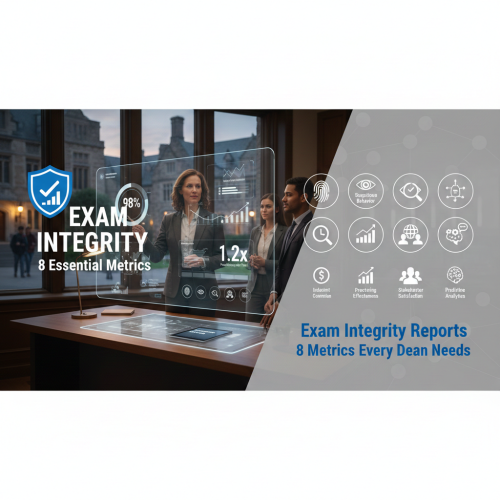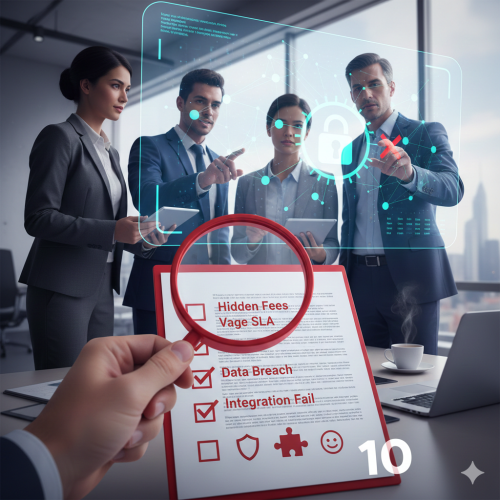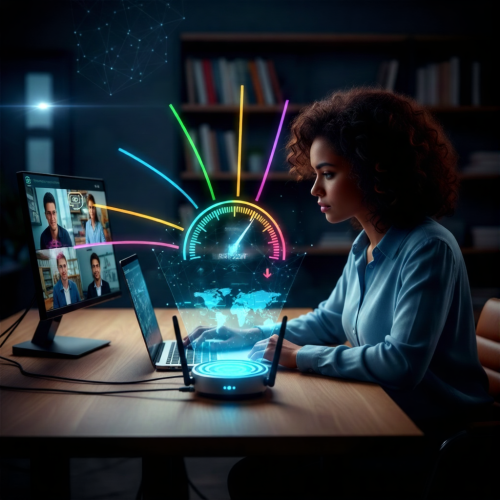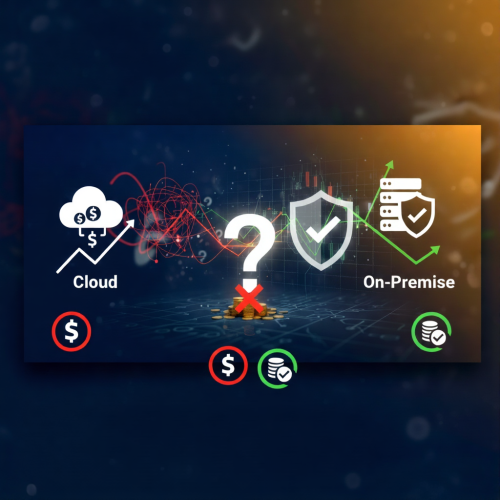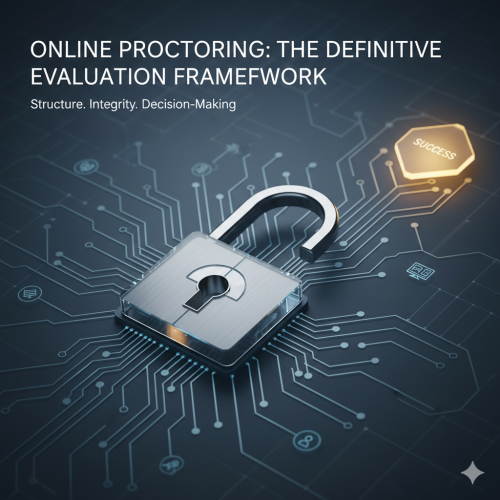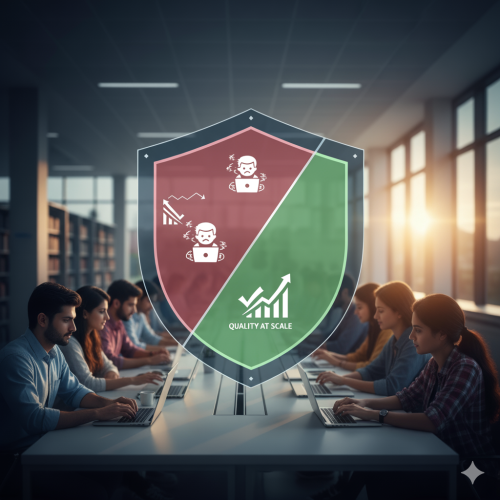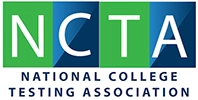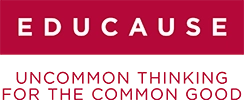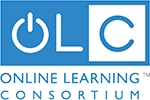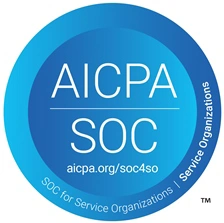It was March 13th when I woke up to missed phone calls and texts from my parents saying I had to come home. I couldn’t believe it. The sudden, global spread of Covid-19 forced universities to send their students home. Early that morning, I packed up all my things, quickly said goodbye to my friends, and got to the airport as fast as I could.
Before I knew it, I was back home in my childhood bedroom. Like many students, I faced confusion and uncertainty about the remainder of my semester, but there was one question both students and professors alike needed to be answered most: How are we going to continue school with all of the students at home?
Were universities well equipped enough to have the rest of the semester online?
If the pandemic had happened a decade ago, switching to online learning for the rest of the semester would not even be an option. The rapid growth of technology for communication and collaboration over the past several years, though, meant, universities could transition to Zoom, Blackboard, or other online tools to teach their classes. Some professors even recorded lectures and sent them to the students each week.
Adapting to multiple online learning platforms was definitely a struggle, but it was nothing compared to an even more critical challenge: exams.
Were final exams securely proctored?
Many colleges, like Harvard for example, decided to allow open book exams because they weren't equipped to proctor every student remotely using the same kinds of software professors had adapted for remote instruction. In the Harvard Crimson, one professor said that he “didn’t think it was appropriate to sort of introduce that level of technological intrusion into the test-taking process.” In essence, having all your students download proctoring software is not an easy task since remote proctoring was an unexplored realm for many universities.
The possibility that students might be able to cheat also threatened the relationship between the professor and student as professors were forced to trust them to follow the honor code. When exams are “open notes”, however, students often lose motivation for learning the material because all the answers will be written in front of them for the exam.
Universities may have been able to quickly switch to online school, but online exams are much more complex to coordinate. It is difficult to have exam protocols that cater to all subjects because each subject and professor within that subject may have a different type of exam.
Personally, most of my exams in the Spring were not proctored at all, and we just took our exams on Blackboard in our own time. They were "closed book", but students could easily have their phone or notes under the table or have another tab open on their laptop without the professor’s knowledge. These online exams used no camera, audio, or lockout browser. It became clear almost immediately to everyone that when universities give exams like these it is easier to cheat without anyone knowing.
How does cheating affect other students?
At many colleges, professors will curve final exams, and this type of grading is entirely based on how all the students do on the exam as a whole. An example of using the curve would be that the top 10% of the class will get an A, regardless of what their actual grade was on the exam. Due to online schooling and not a lot of proctoring, students were getting higher grades than usual.
At first, it didn’t really bother me if other students would cheat. I thought that if I was being a fair student, that my results would be fair as well. I would have known that I worked hard to get those grades, so why would it matter what other students did? However, I was wrong.
Sadly, there was some cheating in two of my classes, and the curve ended up being skewed since too many people were getting an A. This did affect students who didn’t cheat as their high, but less than perfect, test scores were artificially lowered by the curve. It is hard to know that your legitimate mastery of a subject will never be reflected in your results simply because adequate technology for proctoring exams securely online wasn't in place. In short, both instructors and students were hurt by the lack of a universal, secure solution for delivering our exams remotely.
How does cheating affect our generation’s future?
Having a more secure way to take exams would be stressful, but also very helpful. As a student myself, I know how hard we were all working to pass our classes during an incredibly stressful time. We are just trying to pass our classes and get a degree.
Cheating on exams in order to get your education creates a mentality in students’ minds that students do not have to work as hard in order to achieve our goals. If cheating is easier in an online setting, employers may think that students will cut corners instead of pushing through and getting the job done. They might even assume that an applicant's performance at school is less credible if their exams were all online.
Having a secure proctoring system would allow students to be better equipped for life after college and be more successful in the long run. As a generation, we want to be ready to join the workforce as educated as possible so that we can thrive in the work environment. Most importantly, we need the job market to have confidence in the credibility of our education and training, or else our careers may be over before they even get started.
To many students, college is not about just getting good grades and calling it a day. It is important for students to actually learn the concepts and material so that they can take what they learned in the classroom and use it in the real world. When students cheat, they tend to not actually retain any of the information that they learned, it just goes in one ear and out the other. Employers know this and so do universities and vocational schools.
Is there a difference between an online and in-person degree?
Online school and the cheating that comes with it also brings another question: How will degrees that are attained in the COVID Era be viewed by employers? Will they be as valid as degrees attained in person?
According to U.S. News, an employer may hesitate to hire an online degree holder. They may question your collaboration skills because, in an online setting, you do not spend much time working with other students on projects or in study groups.² Also, employers may be worried about how you took the exams and if you actually had to retain information, or if they were just open book tests. With better systems and software for remote learning, online degrees would be taken as seriously as degrees attained in person.
So what's the solution?
As a student who was thrust into the middle of this struggle, I can tell you, because we need it just as much as the institutions we learn from. The only way any education can be validated as we move into a new era where remote technology will be the rule rather than the exception is to embrace online platforms that are designed from the outset for secure remote proctoring.
No half measure can meet the needs of either the students or the institutions we learn from as we face a future where the credibility of our degrees and credentials are reliant upon remote technology.

